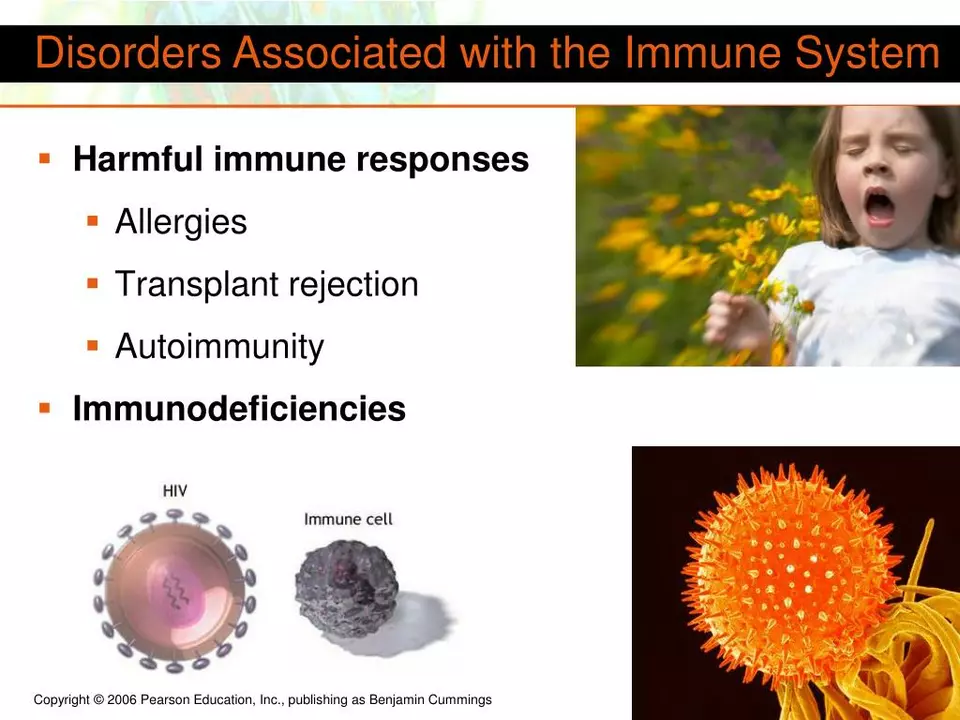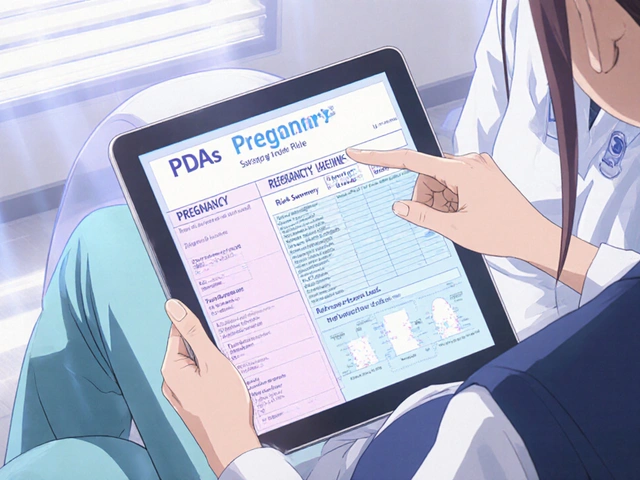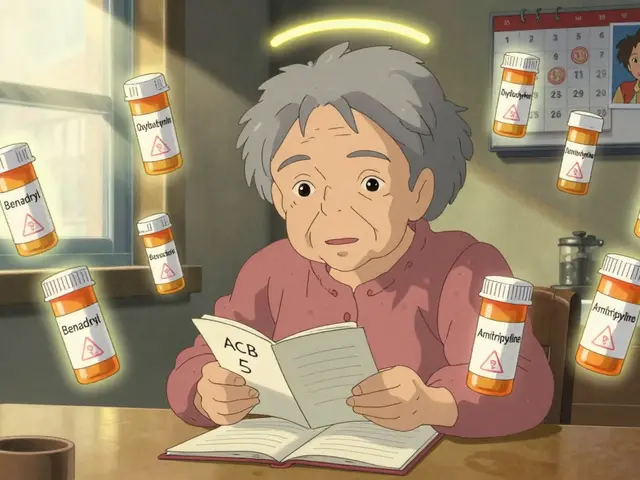Introduction: The Growing Need for Artificial Organs
As a blogger who is passionate about medicine and technology, I have been closely following the advancements in the field of artificial organs. I am fascinated by the potential these innovations hold for improving the lives of millions of people suffering from organ failure and other debilitating medical conditions. In this article, I will delve into the role that artificial organs play in overcoming rejection, a significant challenge that has long plagued organ transplantation. The following eight sections will provide a comprehensive overview of this fascinating topic.
Understanding Organ Rejection
Before we dive into the world of artificial organs, it's essential to understand what organ rejection is and why it's such a significant concern in the medical community. Organ rejection is a potentially life-threatening immune response that occurs when a patient's body recognizes a transplanted organ as foreign and attacks it. This can lead to organ failure and, ultimately, the need for another transplant. Rejection is a significant obstacle to the long-term success of organ transplantation, as finding a suitable donor organ is already a difficult and time-consuming process.
How Artificial Organs Can Minimize Rejection
One of the main advantages of artificial organs is their ability to minimize the risk of rejection. Traditional organ transplants require finding a donor whose tissue type closely matches that of the recipient, which can be a lengthy and challenging process. Artificial organs, on the other hand, can be custom-made to match the recipient's tissue type, thereby reducing the likelihood of rejection. Additionally, some artificial organs are designed to be "immunoprivileged," meaning they are less likely to provoke an immune response in the recipient's body.
Biocompatibility: A Key Factor in Artificial Organ Design
Biocompatibility is a crucial factor in the design of artificial organs, as it directly impacts the likelihood of rejection. A biocompatible organ is one that can function within the human body without causing an adverse immune response. Researchers are constantly striving to develop new materials and techniques to create more biocompatible artificial organs, with the ultimate goal of developing organs that can seamlessly integrate with the recipient's body and function as effectively as their natural counterparts.
Advancements in 3D Printing and Regenerative Medicine
The fields of 3D printing and regenerative medicine have made significant strides in recent years, contributing to the development of artificial organs with a reduced risk of rejection. 3D printing allows for the creation of custom-made organs that can closely match the recipient's tissue type, while regenerative medicine focuses on stimulating the body's own healing processes to repair or replace damaged organ tissue. Both of these approaches hold great promise for the future of artificial organs and could play a pivotal role in overcoming organ rejection.
Immunosuppressive Drugs: A Double-Edged Sword
Currently, patients who receive organ transplants must take immunosuppressive drugs to prevent their bodies from rejecting the new organ. While these medications can be effective in suppressing the immune response, they also come with a host of potential side effects, including an increased risk of infection and cancer. Artificial organs that can minimize the need for immunosuppressive drugs could significantly improve patients' quality of life and reduce the long-term risks associated with transplantation.
Artificial Organs: A Bridge to Transplantation
In addition to serving as a potential solution to organ rejection, artificial organs can also play a crucial role as a bridge to transplantation for patients in need of a new organ. For example, patients awaiting a heart transplant can be supported by an artificial heart while they wait for a suitable donor organ to become available. This can help to buy precious time for patients in critical need and improve their chances of receiving a successful transplant.
The Future of Artificial Organs
As research and development in the field of artificial organs continue to progress, we can expect to see even more innovative solutions to overcome organ rejection. New materials, technologies, and techniques will likely pave the way for more biocompatible and effective artificial organs, ultimately transforming the landscape of organ transplantation. As a blogger who is passionate about this topic, I look forward to sharing the latest breakthroughs and advancements with you as they unfold.
Conclusion: Embracing the Potential of Artificial Organs
In conclusion, artificial organs hold tremendous potential for overcoming the challenges of organ rejection and improving the lives of millions of people suffering from organ failure. As research progresses and new technologies emerge, we can expect to see even more exciting advancements in this field. I believe that by embracing the potential of artificial organs, we can work towards a future where organ transplantation is more accessible, effective, and life-changing for those in need. Together, we can celebrate the incredible potential of medical innovation and look forward to a brighter, healthier future for all.





Comments (11)